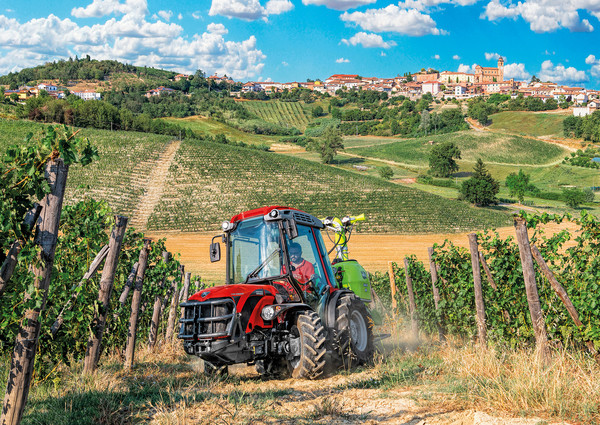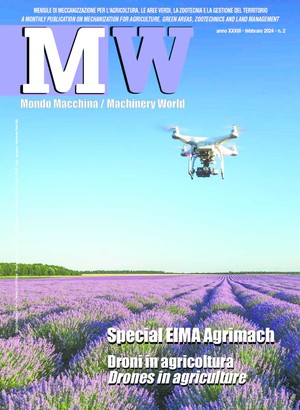
Italy market in decline
The first four months of the year marked a substantial market contraction for all types of agricultural machinery. Tractors and combine harvesters drop by 21% and 52%, tractors with loading platform by 12%; negative sign also for trailers (-4%) and telehandlers (-33%)
The first four months of 2024 confirm the trend already observed last year and record a further decline in tractor sales on the domestic market. The data on registrations - compiled by FederUnacoma (the Italian manufacturers' association) on the basis of records provided by the Ministry of Infrastructure and Transport - indicate a substantial contraction for all the main categories of agricultural machinery for the months between January and April. Compared to the same period last year, are down both tractors, which mark -21.2% stopping at 5,116 units sold (6,492 units were sold in 2023), both combine harvesters, which record a loss of 52.3% (41 vehicles registered in 2024 against 86 in 2023). As for the other types of machines, tractors with loading platform registered a decline of 12.3% to 179 units (204 in 2023), while agricultural trailers managed to limit liabilities to 4.1%, with a total of 2,429 vehicles registered in the quarter (2,534 in 2023). For telehandlers - a category of machines that has experienced robust growth in recent years - the contraction was more substantial: in the period between January and April, the number of units sold fell by 33%, stopping at 300, i.e. 148 less than the 448 in 2023. With demand for agricultural technologies remaining potentially high – as evidenced by the growth in used equipment (+8.1% on 2022 in 2023) – stagnant farm incomes and rising production costs, together with continuing uncertainties about the geopolitical scenario, have ended up discouraging investment in agricultural technologies. Among the factors that have influenced market trends in recent months, the restrictive monetary policy followed by the European Central Bank has also played a major role. Rising interest rates are combined with rising list prices, making it more difficult for farms and contractors to purchase new vehicles. In the current economic situation - underlines FederUnacoma - state incentive measures, especially with multiannual programming, are more important than ever to relaunch the purchase of new generation machines, and with them the process of digitisation and modernisation of the national agricultural economy.








